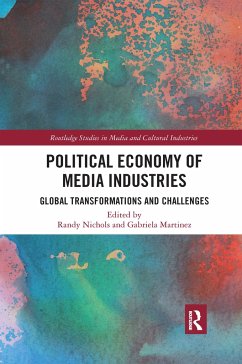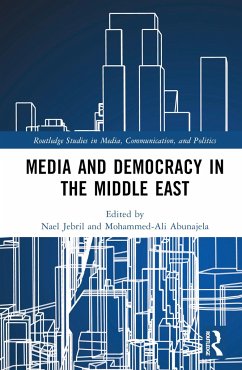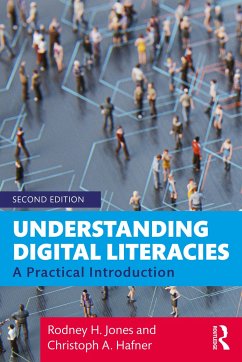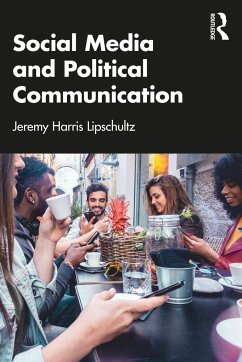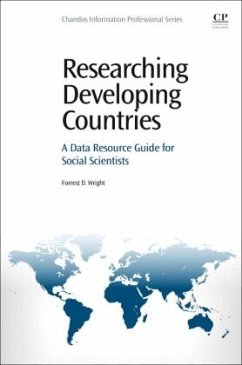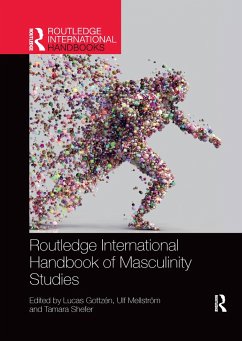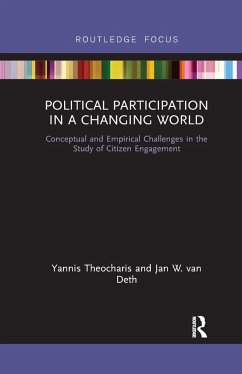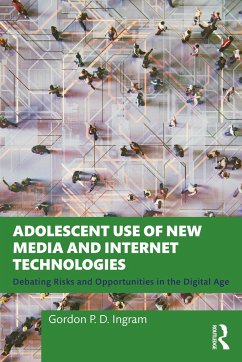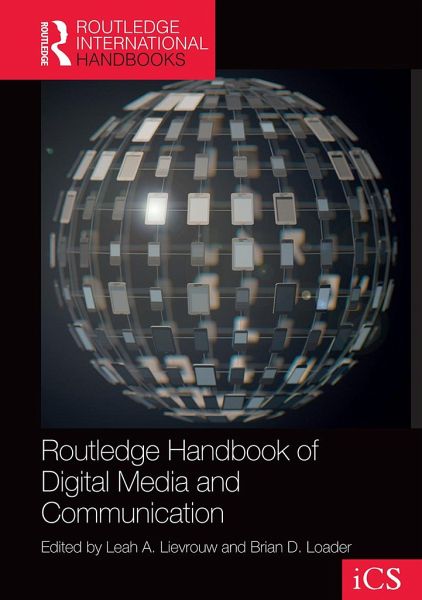
Routledge Handbook of Digital Media and Communication
Versandkostenfrei!
Versandfertig in 6-10 Tagen
49,99 €
inkl. MwSt.

PAYBACK Punkte
25 °P sammeln!
What are we to make of our digital social lives and the forces that shape it? Should we feel fortunate to experience such networked connectivity? Are we privileged to have access to unimaginable amounts of information? Is it easier to work in a digital global economy? Or is our privacy and freedom under threat from digital surveillance? Our security and welfare being put at risk? Our politics undermined by hidden algorithms and misinformation? Written by a distinguished group of leading scholars from around the world, the Routledge Handbook of Digital Media and Communication provides a compreh...
What are we to make of our digital social lives and the forces that shape it? Should we feel fortunate to experience such networked connectivity? Are we privileged to have access to unimaginable amounts of information? Is it easier to work in a digital global economy? Or is our privacy and freedom under threat from digital surveillance? Our security and welfare being put at risk? Our politics undermined by hidden algorithms and misinformation? Written by a distinguished group of leading scholars from around the world, the Routledge Handbook of Digital Media and Communication provides a comprehensive, unique, and multidisciplinary exploration of this rapidly growing and vibrant field of study. The Handbook adopts a three-part structural framework for understanding the sociocultural impact of digital media: the artifacts or physical devices and systems that people use to communicate; the communicative practices in which they engage to use those devices, express themselves, and share meaning; and the organizational and institutional arrangements, structures, or formations that develop around those practices and artifacts. Comprising a series of essay-chapters on a wide range of topics, this volume crystallizes current knowledge, provides historical context, and critically articulates the challenges and implications of the emerging dominance of the network and normalization of digitally mediated relations. Issues explored include the power of algorithms, digital currency, gaming culture, surveillance, social networking, and connective mobilization. More than a reference work, this Handbook delivers a comprehensive, authoritative overview of the state of new media scholarship and its most important future directions that will shape and animate current debates.





